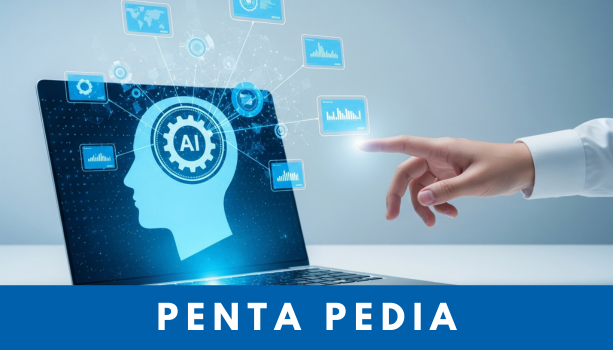What is MCP? | The Open Protocol Connecting AI Models to the Real World
MCP: The Open Protocol Connecting AI Models to the Real World
MCP (Model Context Protocol) is an open protocol designed to seamlessly and securely connect AI models with external tools, data sources, and systems. Traditionally, each AI model required custom integration code for different tools and APIs, complicating development. However, MCP provides a unified and standardized method to link various systems, making the process significantly more efficient and scalable.
As a result, it is being hailed as “the most standardized interface between Large Language Models (LLMs) and the real world.” It enables LLMs to ingest live data, invoke APIs, interact with IoT devices, or manage file systems—reliably and consistently. This interoperability marks a major milestone for developers and organizations looking to integrate AI seamlessly into their workflows.
Why Was MCP Created?
The emergence of powerful language models like GPT, Claude, and Llama has transformed AI from a simple Q&A tool into a multi-functional agent capable of data analysis, real-time search, tool operation, and external system control. For example, users can now instruct AI to “create a summary report in Excel,” “summarize an email attachment,” or “fetch and analyze live stock data.”
However, supporting these tasks required intensive development efforts—custom integration scripts, security policy configurations, and data format adjustments for each tool. Recognizing this inefficiency, companies like Anthropic proposed MCP as an open standard to eliminate fragmentation and simplify integration to empower anyone to connect AI models with external systems, regardless of their infrastructure or resources.
Why Is MCP Gaining Global Attention?
MCP is gaining rapid adoption as AI agents increasingly take over tasks in business automation, customer support, and software development. Fast and secure integration with tools and data sources is now essential for enabling intelligent, real-world applications.
For example, major tech companies like OpenAI and Google have embraced MCP as their official standard for tool integration. Adding on, some are expanding partnerships to ensure that their ecosystems are MCP-compatible. As a result, MCP is quickly becoming a de facto global standard in AI integration protocols.
Beyond interoperability, MCP also supports enterprise-grade security and governance. It includes built-in features for authentication, access control, and activity logging. Thanks to its open-source structure, anyone can extend and contribute to the protocol, accelerating the growth of its ecosystem. This flexibility allows developers and organizations to connect internal systems, APIs, or third-party services while maximizing productivity.
Real-World Applications
Various industries have already deployed MCPs:
- Software Development: LLMs integrated into code editors use MCP to interact in real time with external code analyzers, reporting tools, and version control systems like Git—dramatically improving development speed and quality.
- Productivity Tools: In word processors or chat apps, LLMs can use MCP to simultaneously access calendars, emails, cloud storage, and APIs—automating entire workflows with a single command.
- Healthcare: It links patient databases, diagnostic tools, and recommendation engines, enabling more sophisticated and data-driven consultations.
- Finance: LLMs can use MCP to aggregate real-time market data, transaction histories, and financial APIs, producing investment reports, monitoring systems, and alert mechanisms.
Future use cases may include advanced chatbots, personalized search engines, automated workflows, and cybersecurity threat detection—making MCP a cornerstone of AI evolution.
AI Integration Innovation
MCP is poised to become a major driver of innovation in AI services. Previously, AI systems operated in silos with limited capabilities. However, now, MCP breaks these barriers, allowing AI to freely interact with all kinds of data and tools within an open ecosystem.
This shift enables rapid integration of real-time data, industry-specific solutions, and complex automation flows. As a result, MCP offers the ability to create transformative platforms in record time, with the flexibility to adapt to change quickly to AI product managers and developers.
As the demand grows for automated workflows, personalized services, and integrated AI tools, MCP is expected to become the standard protocol for intelligent system connectivity.
Click here to subscribe our Newsletter
Click here for inquiries regarding the partner system of Penta Security
Check out Penta Security’s product lines:
Web Application Firewall: WAPPLES
Database Encryption: D.AMO
Check out the product lines of Cloudbric by Penta Security:
Cloud-based Fully Managed WAAP: Cloudbric WAF+
Agent based Zero Trust Network Access Solution: Cloudbric PAS
Agentless Zero Trust Network Access Solution: Cloudbric RAS
Click here for inquiries regarding the partner system of Cloudbric

